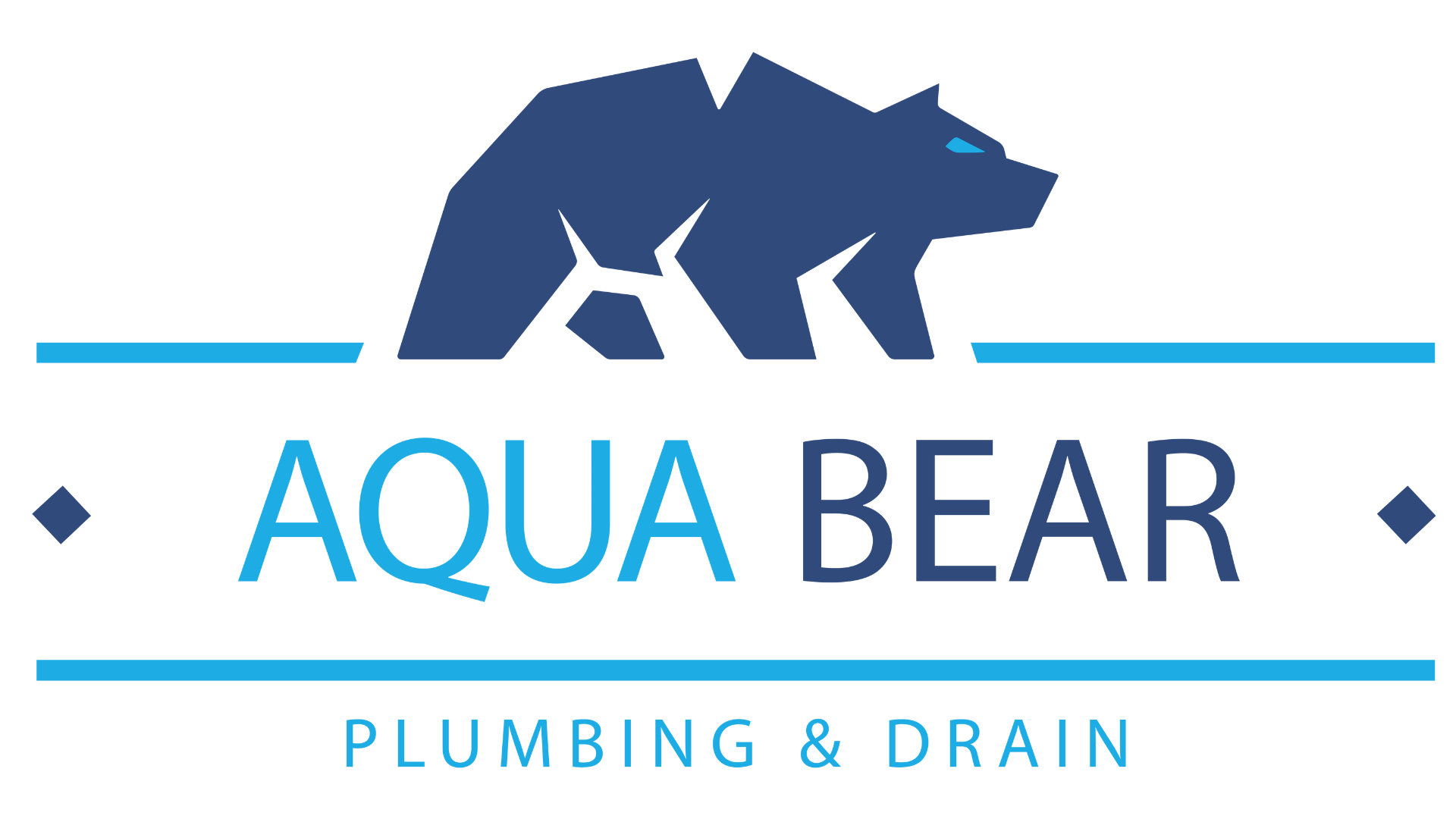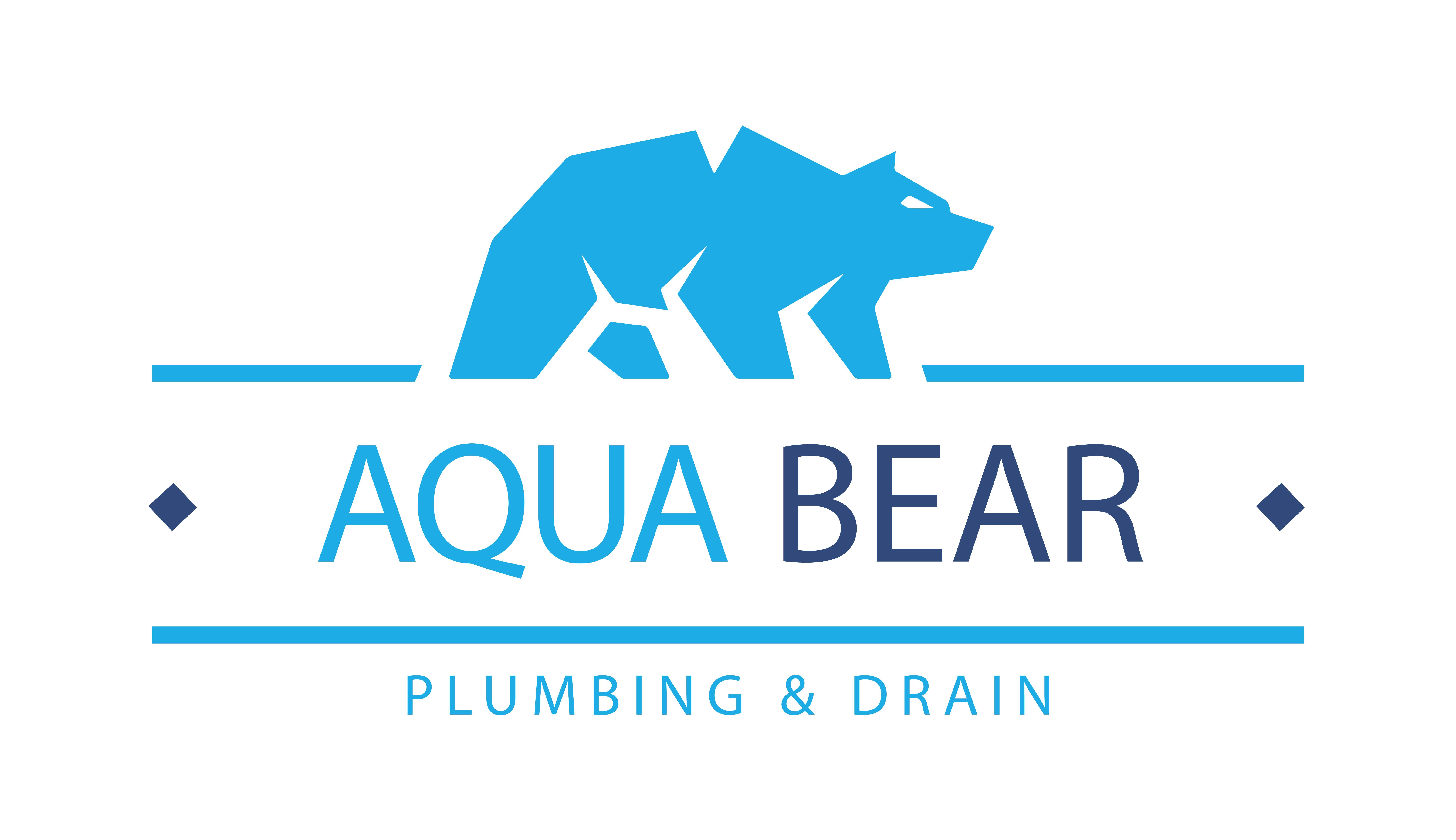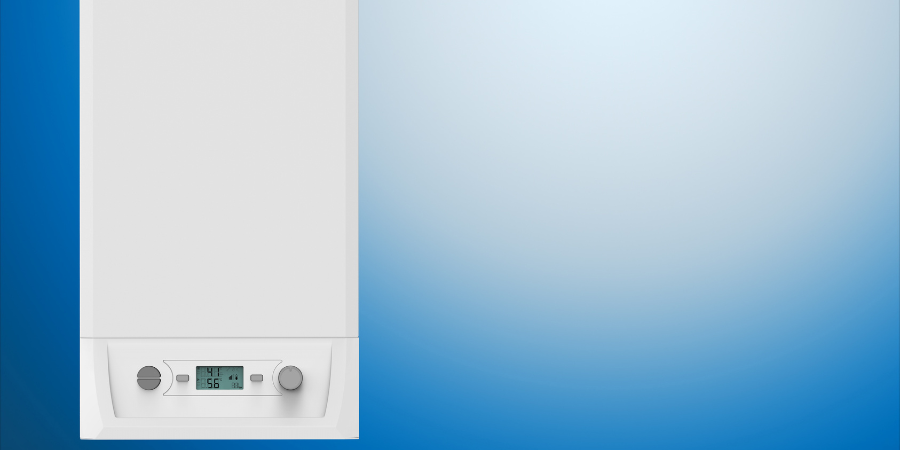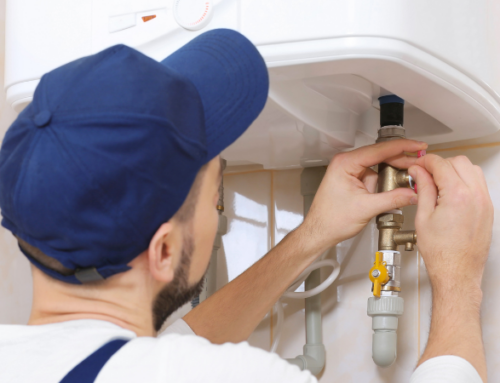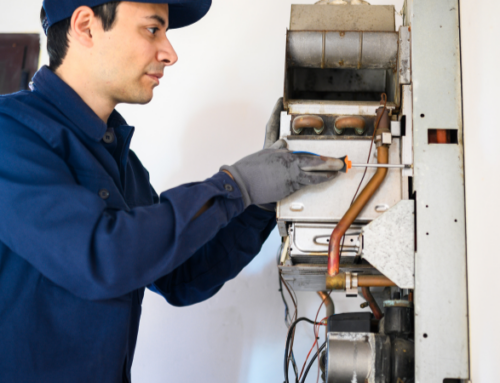How They Work
Tankless water heaters operate on a simple system of heating water on demand using a gas burner or an electric heating element, depending on the type you choose.
When a faucet is opened, or an appliance calls for hot water, a sensor detects the need and activates the heater to turn on. As cold water enters the unit, it absorbs the heat generated by the burner or heating element, thus raising its temperature until it reaches a particular temperature preset on the thermostat. The hot water is then distributed to the fixture or appliance in need.
Tankless water heaters do not require a storage tank as does a traditional heater and can produce unlimited amounts of hot water on demand, unlike a tank heater which is limited to the number of gallons it holds. Tankless heaters also require less space and an additional heater can be installed as a dedicated hot water source for a single appliance. This versatility and unlimited supply of hot water make these units an excellent option!
Why They Are Considered Affordable
Several features entice users to purchase tankless water heaters. One of the main features is affordability. In the past, these new-fangled systems were much costlier but advancements in technologies have brought the cost to purchase and install a tankless heater considerably lower. Here, we will explain the many ways we define affordable.
Conserves Water
Tankless water heaters can be equipped with recirculation pumps, which ensure hot water is always available. These work by returning unused hot water back to the water heater which allows the hot water to be immediately accessed. This eliminates the practice of running a faucet or an appliance until the desired water temperature is achieved. In a four-person household, installing a recirculation pump can save an estimated 16,000 gallons of water a year.
Recirculation pumps are sometimes preinstalled or they can be externally added if desired. These systems add comfort and convenience while increasing the overall efficiency of the system.
Longevity
A standard tank-style water heater has an estimated lifespan of between 8 and 12 years with proper maintenance. A tankless water heater, on the other hand, can last for more than 20 years, especially if it is descaled yearly. Descaling the heater of accumulated minerals will reduce the likelihood of corrosion while increasing efficiency.
Another factor in increasing the lifespan of a tankless heater is that key components are easily replaceable, thus allowing homeowners to update the heater without needing to replace it.
Energy Savings
Traditional water heaters are burdened by the need to continuously heat and reheat water stored in the tank, so it is hot and available when an appliance or plumbing fixture needs it. Tankless heaters do not store water; instead, they heat it as needed. This heat-on-demand feature reduces the ongoing energy drain experienced by conventional heaters, providing homeowners with substantial savings.
Installation
Advances in technology have made it easier and, therefore, less costly to install tankless water heaters. With upgraded venting systems, the replacement of a dedicated recirculation line with a thermal bypass valve, along with the increasing knowledge and expertise in installing a tankless heater, installation costs are rapidly decreasing, making this type of heater more affordable.
Looking To Install A Tankless Water Heater?
We are the plumber residents rely on to provide outstanding tankless water heater installations. We are knowledgeable of the many products available and understand the subtleties of sizing and installing a water heater that will adequately meet the hot water demand of a family.
Call us today to schedule an appointment and to learn more about the modern solution to the ever-present demand for hot water. Installing a tankless heater can offer many benefits, including reducing costs and increasing efficiency. Tankless water heaters are the wave of the future and a cost-effective alternative to traditional water heaters!
